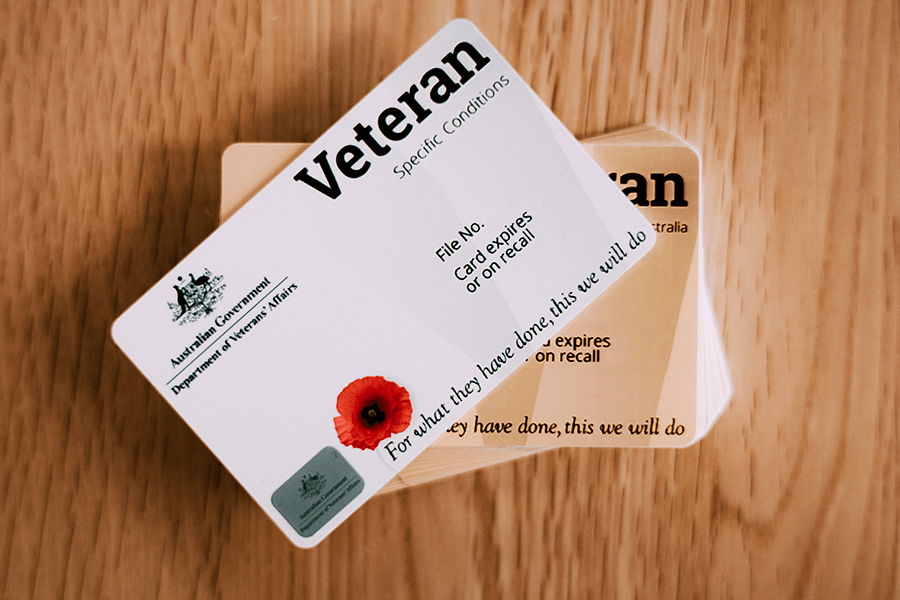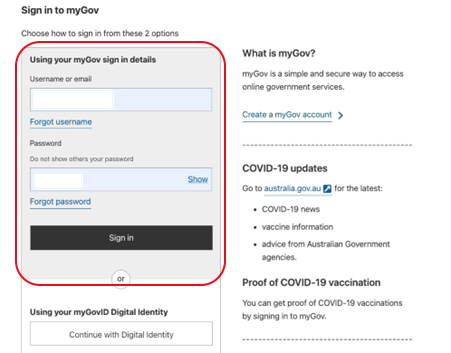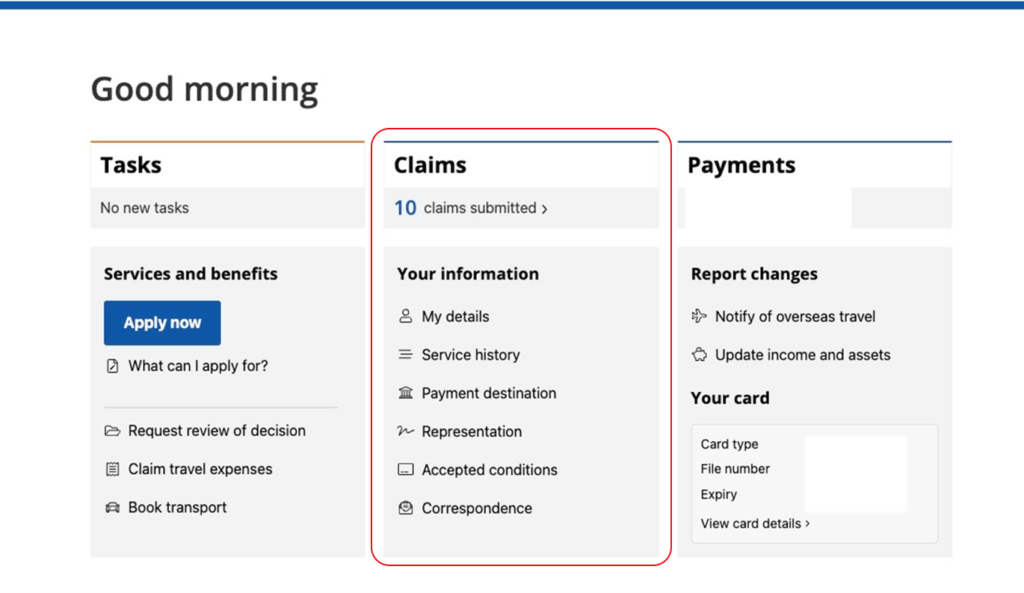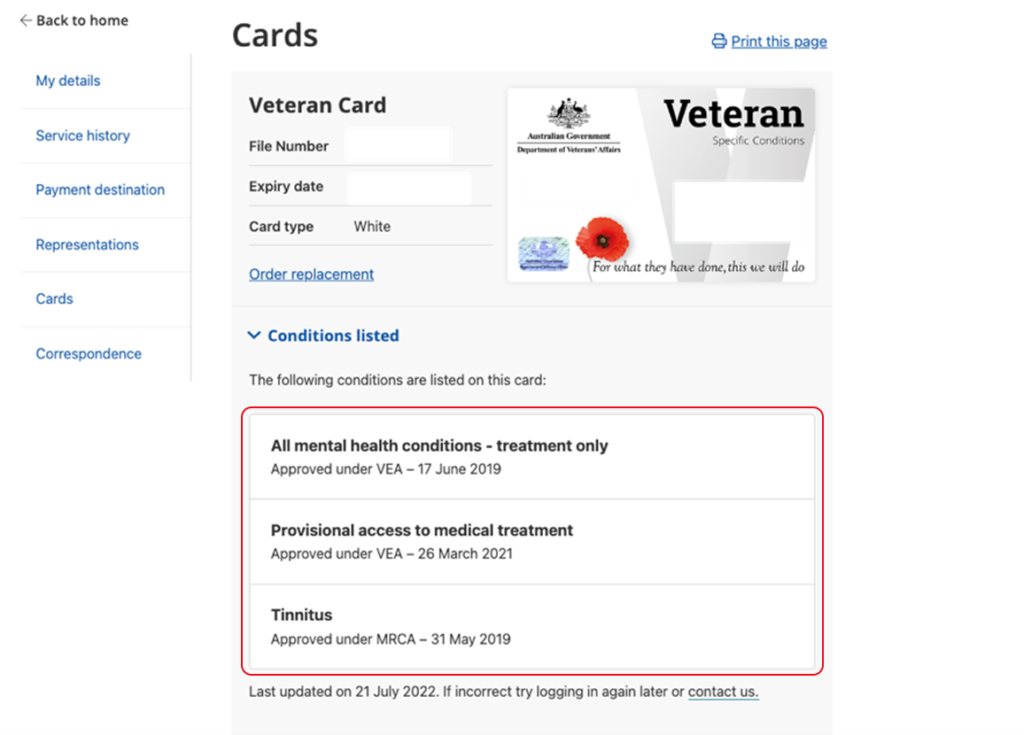Lower back pain is a common issue that affects millions of people, including our Aussie veterans. Physical discomfort is often the most noticeable symptom, but the mental health impact can be just as significant. Combining physiotherapy and psychology offers a holistic approach to managing and alleviating lower back pain, addressing both physical and mental aspects for more comprehensive relief.
When dealing with lower back pain, it’s essential to recognise how intertwined the physical and mental symptoms are. Chronic pain can lead to several mental health challenges:

- Anxiety and Stress: The constant presence of pain can create a cycle of worry and tension, making it harder to manage and often worsening the pain itself.
- Depression: Chronic pain can lead to feelings of hopelessness and helplessness, especially when it limits one’s ability to engage in enjoyable activities.
- Sleep Disturbances: Pain can interfere with sleep, and lack of sleep can further degrade both physical and mental health, creating a vicious cycle.
- Social Isolation: Those suffering from chronic pain may withdraw from social activities, leading to feelings of loneliness and isolation.
Physiotherapy: The Physical Approach
Physiotherapy is a cornerstone of managing lower back pain. Here’s how physiotherapists help:
- Assessment and Diagnosis: Physiotherapists assess your condition, identifying the specific causes of your back pain, such as muscle strain, disc issues, or poor posture.
- Pain Management: Techniques like manual therapy, heat/cold applications, and targeted exercises help reduce pain and inflammation.
- Strength and Flexibility: Developing a personalised exercise program to improve strength, flexibility, and overall fitness supports your back and reduces the risk of future pain.
Psychology: The Mental Health Approach
Addressing the mental health aspects of lower back pain is crucial. Psychologists help in several ways:
- Cognitive Behavioural Therapy (CBT): This helps change negative thought patterns that contribute to feelings of hopelessness and depression. By reframing these thoughts, individuals can develop a more positive outlook.
- Developing Coping Strategies: Psychologists assist in developing effective coping mechanisms for dealing with pain, stress, and anxiety. Techniques might include relaxation exercises, stress management skills, and problem-solving strategies.
- Motivation and Goal Setting: Helping patients set achievable goals for physical activity can enhance motivation and adherence to physiotherapy programs.

The Synergy of Physiotherapy and Psychology
When physiotherapy and psychology are combined, they create a powerful, holistic approach to managing lower back pain. Here’s why this synergy works so well:
- Comprehensive Care: While physiotherapists address the physical aspects of pain, psychologists tackle the mental health challenges. This dual approach ensures that both sides of the problem are treated.
- Personalised Treatment Plans: Both physiotherapists and psychologists tailor their treatments to the individual’s needs, providing a customised and effective plan.
- Improved Outcomes: Combining these therapies often leads to better overall outcomes, as addressing both physical and mental health can reduce pain more effectively and improve quality of life.
Take the First Leap
If you’re dealing with back pain, don’t go it alone. Combining physiotherapy and psychology can make a world of difference. Reach out to your healthcare providers and start your journey towards a pain-free life. Remember, your back pain doesn’t have to be a permanent part of your life. With the right support and treatment, you can overcome it and enjoy a healthier, more active lifestyle.
Ready to take the first step? Join the Got Your Back Program today. Your back will thank you!










